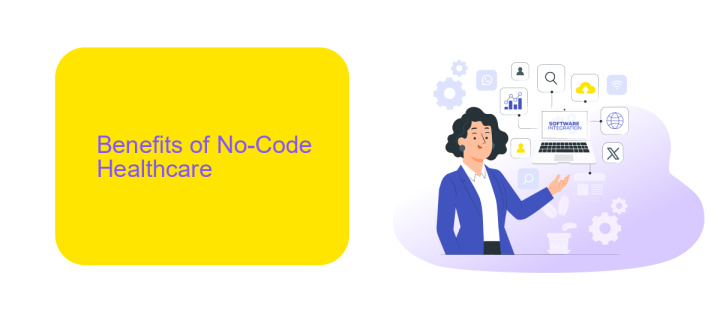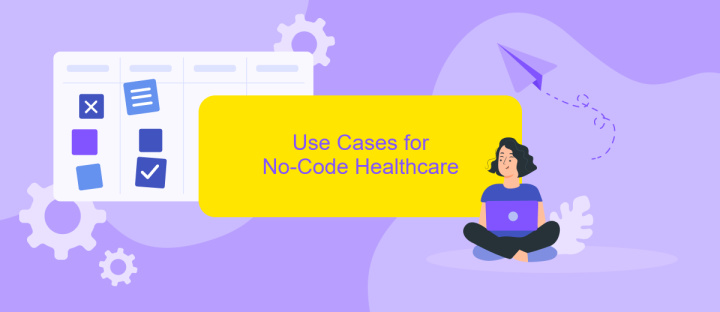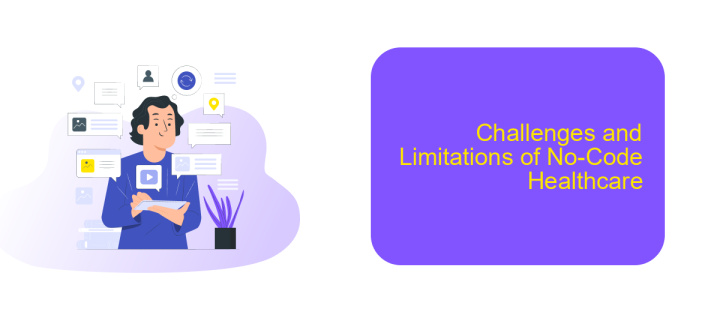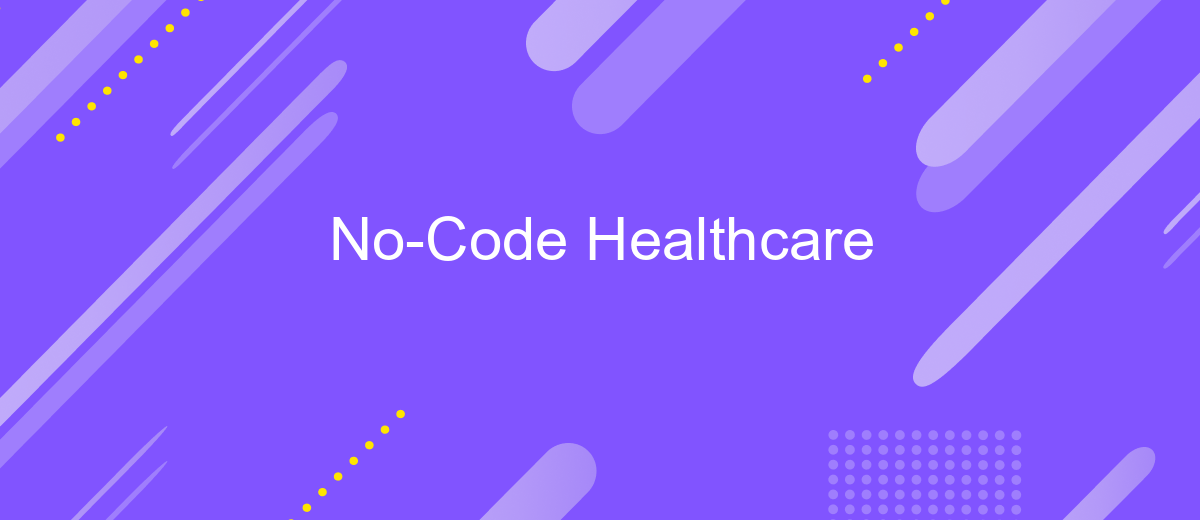No-Code Healthcare
The no-code revolution is transforming industries, and healthcare is no exception. By enabling professionals to create sophisticated applications without traditional programming, no-code platforms are democratizing technology, streamlining operations, and enhancing patient care. This article explores how no-code tools are reshaping the healthcare landscape, offering innovative solutions that empower medical staff to focus more on patient outcomes and less on technical hurdles.
Introduction: What is No-Code Healthcare?
No-Code Healthcare is transforming the way medical professionals and institutions manage their operations by enabling them to create applications and automate processes without the need for traditional programming skills. This innovative approach empowers healthcare providers to focus on patient care rather than technical complexities.
- Streamlined administrative tasks
- Enhanced patient data management
- Customizable workflows
- Automated appointment scheduling
One of the key components of No-Code Healthcare is the ability to seamlessly integrate various systems and applications. Services like ApiX-Drive facilitate these integrations, allowing healthcare providers to connect different software tools effortlessly. This not only enhances operational efficiency but also ensures that patient information is accurately and securely managed across platforms.
Benefits of No-Code Healthcare

No-code healthcare solutions offer a multitude of benefits, making healthcare technology more accessible and efficient. By eliminating the need for extensive programming skills, healthcare professionals can rapidly develop and deploy applications tailored to their specific needs. This democratization of technology empowers medical staff to innovate and improve patient care without the bottleneck of IT departments. Furthermore, no-code platforms significantly reduce development time and costs, allowing healthcare organizations to allocate resources more effectively and focus on their primary mission: patient well-being.
Another significant advantage of no-code healthcare solutions is the ease of integrating various systems and data sources. Tools like ApiX-Drive facilitate seamless integration between different healthcare applications, ensuring that data flows smoothly and securely across platforms. This interoperability enhances data accuracy and accessibility, leading to better-informed decision-making and improved patient outcomes. Additionally, the flexibility of no-code platforms allows for continuous updates and improvements, ensuring that healthcare applications remain relevant and effective in an ever-evolving industry.
Use Cases for No-Code Healthcare

No-code platforms are revolutionizing the healthcare industry by enabling professionals to create and manage applications without any programming knowledge. These platforms offer a wide range of use cases that can significantly improve operational efficiency and patient care.
- Patient Management Systems: No-code tools can be used to develop comprehensive patient management systems that streamline the process of scheduling, billing, and medical record keeping.
- Telemedicine Solutions: Healthcare providers can quickly create telemedicine applications to facilitate remote consultations and monitor patient health in real-time.
- Data Integration: Platforms like ApiX-Drive allow for seamless integration of various healthcare systems, ensuring that data flows smoothly between different applications and services.
- Custom Workflows: No-code platforms enable the creation of custom workflows tailored to the specific needs of healthcare providers, enhancing productivity and reducing administrative burden.
By leveraging no-code platforms, healthcare organizations can rapidly deploy solutions that meet their unique needs, without the high costs and long development times associated with traditional software development. This democratization of technology empowers healthcare professionals to focus more on patient care and less on technical challenges.
Challenges and Limitations of No-Code Healthcare

The adoption of no-code platforms in healthcare offers numerous advantages, but it also presents several challenges and limitations. One of the primary concerns is data security and privacy. Healthcare data is highly sensitive, and ensuring it remains secure while using no-code solutions can be difficult.
Another significant challenge is the integration of no-code platforms with existing healthcare systems. Many healthcare providers rely on legacy systems that may not easily integrate with modern no-code tools. This can lead to data silos and inefficiencies.
- Limited customization options compared to traditional coding.
- Potential scalability issues as the organization grows.
- Dependence on third-party platforms for critical operations.
- Lack of technical support and expertise in troubleshooting complex issues.
While services like ApiX-Drive can help streamline integrations, they are not a panacea. Healthcare providers must carefully evaluate the capabilities and limitations of no-code platforms to ensure they meet their specific needs. Continuous monitoring and updates are essential to maintain the effectiveness and security of these solutions.
- Automate the work of an online store or landing
- Empower through integration
- Don't spend money on programmers and integrators
- Save time by automating routine tasks
Future of No-Code Healthcare
The future of no-code healthcare is poised to revolutionize the way medical services are delivered, making them more accessible and efficient. With advancements in no-code platforms, healthcare professionals can now create and deploy complex applications without the need for extensive programming knowledge. This democratization of technology allows for rapid prototyping and implementation of solutions tailored to specific medical needs, ultimately improving patient care and operational workflows.
Integration of various healthcare systems will also become more seamless with no-code tools. Services like ApiX-Drive enable easy and efficient integration of different healthcare applications, ensuring that data flows smoothly between them. This enhances interoperability and allows healthcare providers to have a more holistic view of patient information, leading to better decision-making and outcomes. As no-code technology continues to evolve, we can expect even more innovative solutions that will further transform the healthcare landscape.
FAQ
What is No-Code Healthcare?
How can No-Code platforms benefit healthcare providers?
What are some common use cases for No-Code in healthcare?
How secure are No-Code solutions for healthcare?
Can No-Code platforms integrate with existing healthcare systems?
Apix-Drive is a universal tool that will quickly streamline any workflow, freeing you from routine and possible financial losses. Try ApiX-Drive in action and see how useful it is for you personally. In the meantime, when you are setting up connections between systems, think about where you are investing your free time, because now you will have much more of it.


